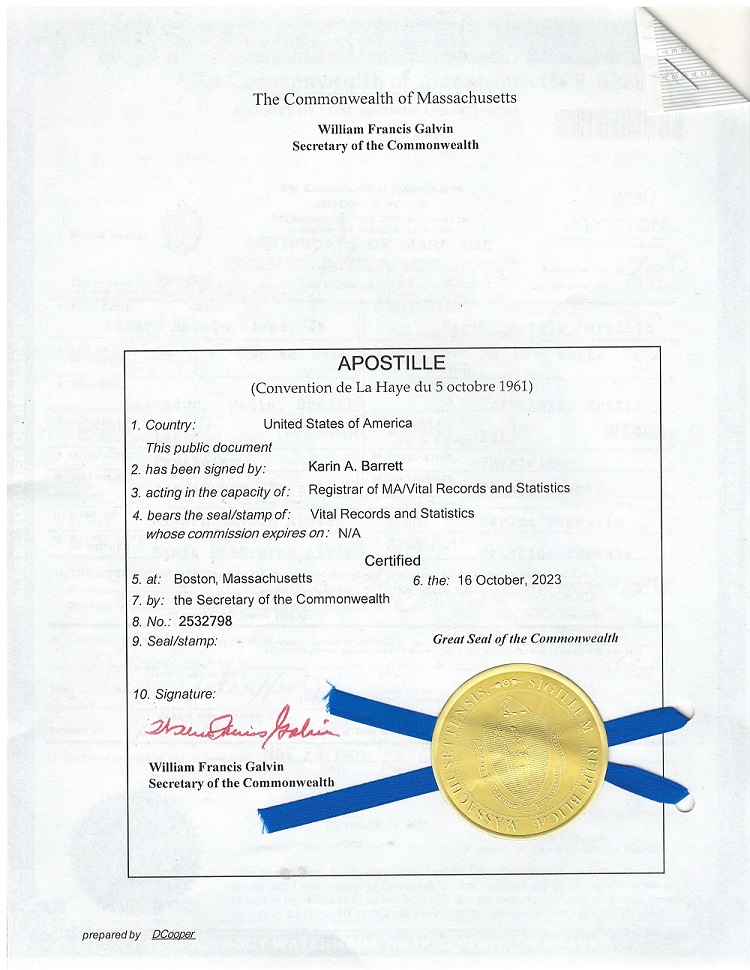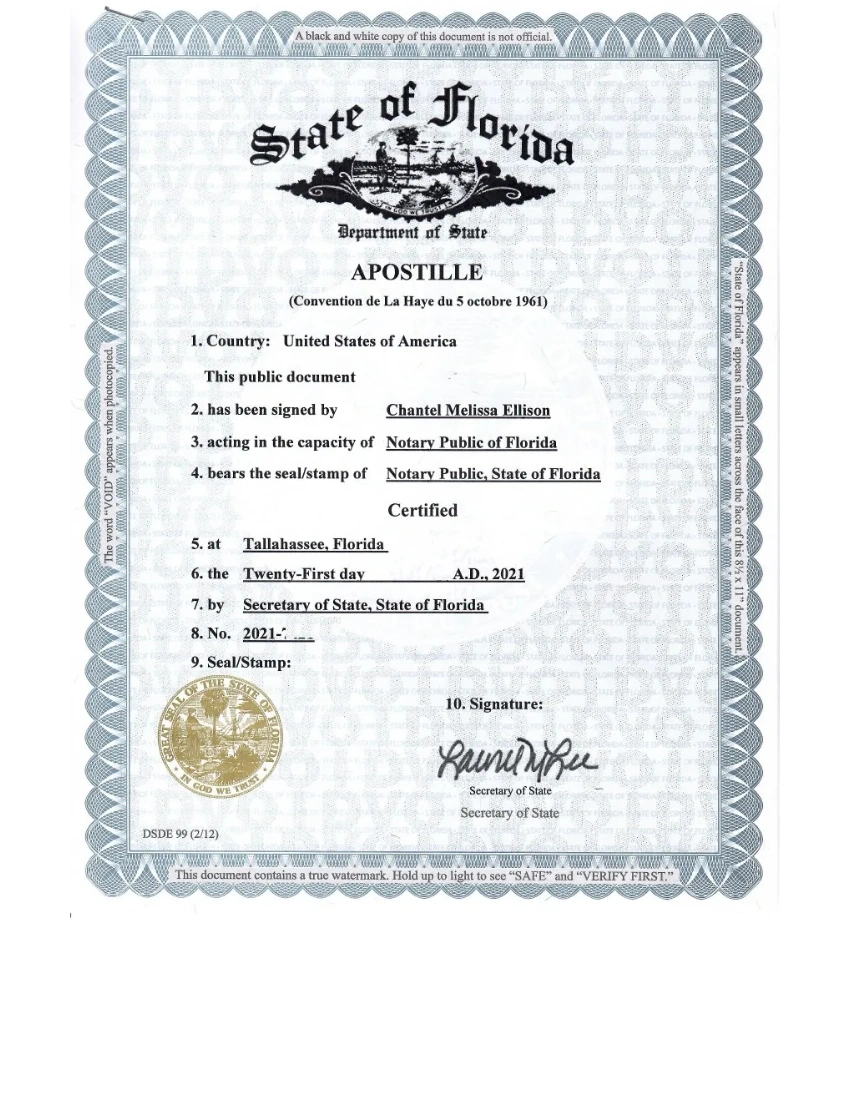Understanding the Significance of Apostille Qualification and Why It Is Vital for Lawful Files
Amongst the numerous systems offered for this function, apostille certification stands out as a structured and globally identified technique. Comprehending the intricacies and implications of apostille qualification on lawful files is important for people and companies engaging in cross-border activities.
The Definition of Apostille Qualification
Apostille qualification is a specific type of verification that validates the authenticity of a legal paper for international usage. This accreditation is important for guaranteeing that documents stemming in one country are identified as legitimate in another, streamlining the process of cross-border purchases, legal process, or personal issues like marriage or fostering. The Hague Apostille Convention of 1961 established the structure for this simplified qualification process among getting involved countries.
To acquire an apostille qualification, the designated authority in the file's nation of beginning must verify the file's credibility prior to affixing the apostille. Once attached, the apostille makes sure that the paper will certainly be accepted as valid in any other country that is component of the Apostille Convention, without the demand for more certification.
Benefits of Apostille for Legal Files
The use of apostille accreditation improves the global acknowledgment process for legal records, using significant advantages in promoting cross-border involvements and lawful rules. By connecting an apostille certificate, the paper ends up being readily approved in countries that are component of the Hague Apostille Convention, getting rid of the requirement for further authentication.
Moreover, apostille certification improves the general performance of legal procedures by simplifying the process of confirming the authenticity of a record. Overall, the benefits of apostille accreditation for legal papers are crucial in advertising smoother international interactions and making sure conformity with lawful needs throughout boundaries.
Apostille Vs. Legalisation: Key Differences
When comparing the procedures of apostille certification and legalisation for legal records, it is necessary to understand the crucial distinctions in their particular verification methods. An apostille is a streamlined form of legalization that is approved among nations that are component of the Hague Apostille Convention. The apostille process validates the authenticity of the paper and the trademark of the providing authority. It does not call for further embassy or consular office legalization, making it a much more cost-efficient and straightforward technique for confirming documents worldwide.
On the other hand, legalisation is an extra typical method that involves multiple steps of authentication. It needs confirmation by numerous authorities, including government departments and foreign embassies or consulates in both the providing and getting nations. This process can be a lot more pricey and taxing contrasted to getting an apostille. The selection in between apostille accreditation and legalisation depends upon the certain demands of the country where the file will be used. Understanding these distinctions is crucial for ensuring the proper verification of lawful papers for worldwide use.
Nations Accepting Apostille Certification

While the Hague Apostille Convention has substantially simplified the procedure of cross-border file verification, there are still nations that are not party to the convention - Houston TX Apostille. Consequently, records predestined for these countries might need conventional legalisation treatments with consulates or consular offices. It is critical for individuals and businesses handling international purchases to confirm the details demands of the location country to make sure conformity with their legal criteria
Steps to Acquire Apostille for Records
To acquire an apostille for your records, you must start by recognizing the suitable releasing authority in your nation. The issuing look at here authority is typically the federal government division responsible for authenticating records, such as go to website the Secretary of State's office. As soon as you have determined the proper authority, the following action is to ensure that your file satisfies all the demands for apostille qualification. These demands typically include having a signature from a recognized official, such as a notary public, and any necessary supporting files.
After verifying that your paper satisfies the criteria, you will certainly require to submit an apostille application offered by the issuing authority. This kind will certainly need details about the record being validated and the country where it will be made use of. Together with the completed application, you will likely require to submit the initial paper, a copy of your recognition, and any kind of appropriate fees.

Final Thought
In final thought, apostille certification plays a crucial duty in making sure the authenticity and legitimacy of legal records for worldwide usage (Houston TX Apostille). Comprehending the significance of apostille qualification is vital for people and organizations browsing the complexities of cross-border purchases and legal issues. By obtaining apostille qualification, parties can enhance the process of file confirmation and verification, eventually important link conserving time and resources in the worldwide sector
To obtain an apostille accreditation, the marked authority in the file's nation of beginning should confirm the document's authenticity prior to affixing the apostille. Once connected, the apostille makes certain that the document will be approved as legitimate in any other country that is component of the Apostille Convention, without the demand for further accreditation.
By connecting an apostille certification, the document becomes easily approved in nations that are component of the Hague Apostille Convention, removing the need for further authentication.Differentiating in between apostille qualification and legalisation reveals the varying acceptance of these authentication techniques across different countries, with some nations particularly identifying and sticking to the apostille procedure. The apostille qualification is extensively approved amongst nations that are component of the Hague Apostille Convention, which presently has 118 participant states.
Comments on “Houston Apostille Specialists: Your Best Legalization Option”